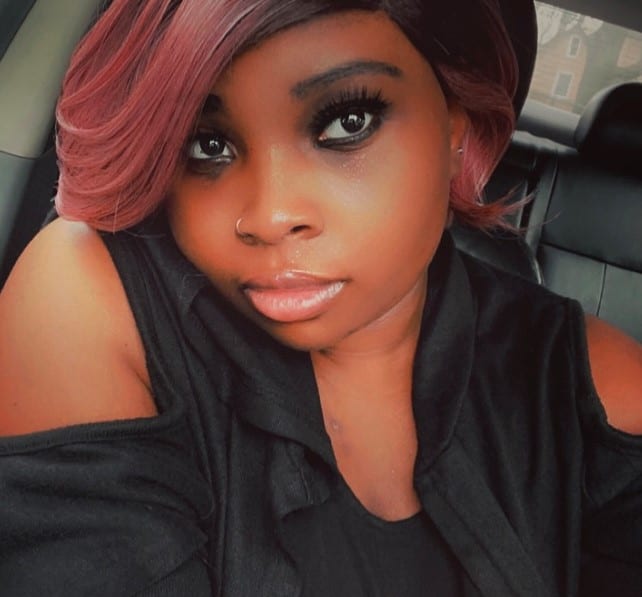Describe your life prior to diagnosis
Miserable. I couldn’t keep certain foods down, I suffered hair loss, my skin had terrible eczema and rashes, and I always had headaches.
How did you come to know (or suspect) that you have celiac disease?
It was around the end of 2018. Every time I ate I couldn’t breathe, then I would get a bad pain in my left foot. My body would go numb and my mouth would be dry. I got tired of feeling this way, so I spent countless hours on Google trying to piece together my symptoms.
I went to the hospital but they kept saying they didn’t see anything. While I was there I heard of something called celiac. They sent me to a gastroenterologist, I got an endoscopy, and the rest is history.
How long did it take for you to get diagnosed since your first symptoms and what (if any) challenges did you face along the way?
It took me 20 years. I was officially diagnosed at 23, but my parents have said that since the age of 3 I always had severe headaches and always threw up cereals.
Do you believe anything could have sped up your diagnosis? If so, please explain:
I think if people would’ve taken my complaints seriously and actually want to help me, this could’ve been solved sooner. As a kid you can advocate for yourself but not much else. As an adult, I demanded my doctors run tests to see if this was the root of my health problems.
How is life after diagnosis?
Ever since officially being diagnosed, things have been bittersweet. I feel so much better after eliminating gluten from my diet, but it’s hard going to certain places and events and having to be hungry because people don’t understand what celiac disease is, having never heard of it. Being accidentally glutened sucks too, and the price of foods I have no choice but to buy have really put a dent in my budget. Again, I’m just thankful to know that gluten is the issue, and so many of my symptoms have been eliminated.
Is there anything else you’d like to add to your story?
I would like people to stop looking at me weird or think I’m joking when I say I have to live a gluten-free life. They don’t take me seriously because of my race. Diseases transcend race and me being gluten-free isn’t a trend or a choice. Yes I am black, and yes I have to live a gluten-free life for my health. It isn’t a joke or a game.



